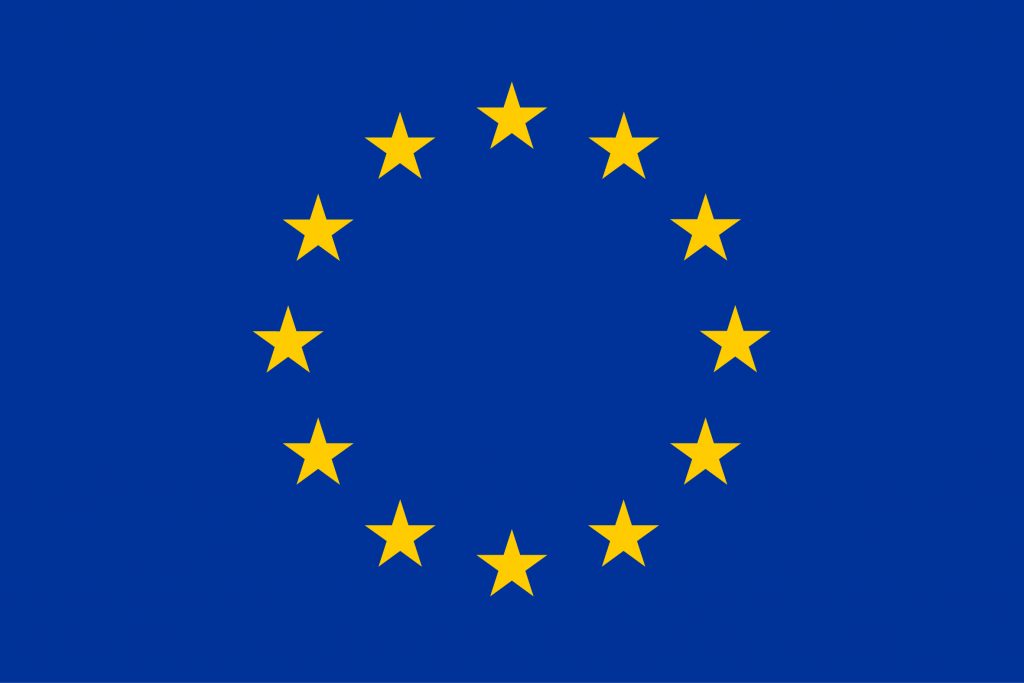
The general objective of the project is to explore the potential of marginal and peripheral areas when managed by local communities and stakeholders. This is sought through the implementation of six specific objectives, as illustrated below.
| Objective 1: Develop specific innovative pilot solutions based on cooperation and participatory approaches, promoting communities of practices and a positive impact on local communities from a social, cultural, environmental and economic point of view. Implement cultural tourism based on living territories and communities, reducing tourism’s negative impact through specific training and strengthening local identities and social ties. |
| Objective 2: Foster bottom-up local strategies for sustainable cultural tourism, focusing, on the one hand, on hidden potentials in remote, peripheral or deindustrialized areas usually not taken into account and, on the other hand, on the experience, knowledge and participation of visitors. Use these potential resources as drivers of a sustainable economic local development from a social, cultural and environmental point of view and as channels of intercultural understanding. |
| Objective 3: Identify and compare relevant drivers and barriers that account for the success or failure of participatory models. Assess the outcomes of these participatory models that are based on co-creation of innovative tools in relation to the expected benefits for the involved stakeholders. Estimating the pre-conditions needed for the future full implementation and scaling up of the pilots. |
| Objective 4: Provide insights for the design of effective and sustainable cultural tourism policies. Make policy recommendations based on participatory models and collaborative practices, with the aim to stimulate new synergies among public and private stakeholders and new investments. |
| Objective 5: Implement data analysis and statistics, including socio-economic measures, in order to convincingly establish the relationship between each of the innovative approaches to local development and cultural tourism. State-of-the-art econometric approaches will be used with a particular focus on identification of the causal relationships, as opposed to just correlations. Run a focused case study on the effective use of European Structural Funds. |
| Objective 6: Implement a communication plan to reach out to the widest possible range of local actors interested in the innovation of cultural tourism in their territories. Establish dissemination mechanisms, including training, to prepare for the future exploitation of the innovations, pilot solutions and strategies developed in the project, across the EU. |
The six objectives are linked with the following areas of development and outcomes:
- Ten pilot cases of living territories and communities. The pilots created innovative solutions that demonstrate results based on participation and co-creation processes.
- Participatory approaches. Models and governance in culture and cultural tourism have been studied and proposed for adoption and replication, to transform locals into protagonists, aiming to reduce negative impacts, learning from good practices, and translating practices into strategies and policies.
- Policy Toolbox. Think papers and Policy Briefs have been gathered in the Policy Toolbox, offering recommendations and foresight about the future of the innovations experimented in the pilots.
- Innovation has been the subject of debates and elaborations that, having identified differences and specifities among the pilots (illustrated in the Innovation fact-sheers), and through collaborations established with other projects and initiatives, proposed a general innovation model for innovations in rural and marginal territories in Europe.
- Stakeholders mapping has been produced on the basis of bottom-up strategies, highlighting the opportunities to generate positive effects for both locals and tourists.
- Data analysis. Using advanced econometric methods and machine-learning tools, the work pioneered their introduction into tourism research. A dedicated Data Workshop was organised in March 2022. Findings suggested new synergies among public and private stakeholders and new investments, including the use of Structural Funds to sustain the deployment of the innovative solutions from the pilots.
- Communication, Dissemination and Networking. A combination of online and onsite initiatives, publications and scientific articles, newsletters, blog posts, posters and public presentations animated the promotion of the project to the widest public, including the use of multiple languages to target more effectively the local audiences.
- INCULTUM Training Portal. The portal provide access to the resources produced in the project and gathered withing the network, and to the reporting of the initiatives run locally at pilot level.





